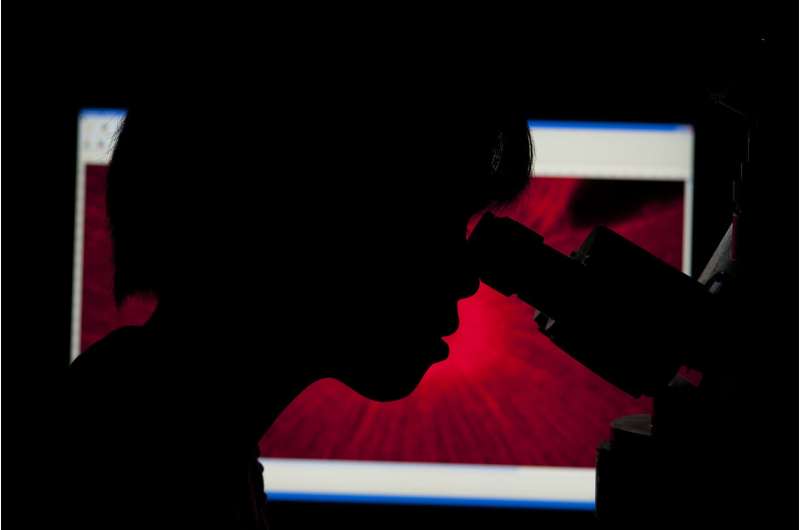This article has been reviewed according to Science X's editorial process and policies. Editors have highlighted the following attributes while ensuring the content's credibility:
fact-checked
peer-reviewed publication
trusted source
proofread
Researchers develop 'founding document' on synthetic cell development

Cells are the fundamental units of life, forming the variety of all living things on Earth as individual cells and multicellular organisms. To better understand how cells perform the essential functions of life, scientists have begun developing synthetic cells—non-living bits of cellular biochemistry wrapped in a membrane that mimic specific biological processes.
The development of synthetic cells could one day hold the answers to developing new ways to fight disease, supporting long-duration human space flight, and better understanding the origins of life on Earth.
In a paper published recently in ACS Synthetic Biology, researchers outline the potential opportunities that synthetic cell development could unlock and the challenges that lie ahead in this groundbreaking research. They also present a roadmap to inspire and guide innovation in this intriguing field.
"The potential for this field is incredible," said Lynn Rothschild, the lead author of the paper and an astrobiologist at NASA's Ames Research Center in California's Silicon Valley. "It's a privilege to have led this group in forming what we envision will be a founding document, a resource that will spur this field on."
Synthetic cell development could have wide ranging benefits to humanity. Analyzing the intricacies that go into building a cell could guide researchers to better understand how cells first evolved or open the door to creating new forms of life more capable of withstanding harsh environments like radiation or freezing temperatures.
These innovations could also lead to advancements in food and medical sciences—creating efficiencies in food production, detecting contaminants in manufacturing, or developing novel cellular functions that act as new therapies for chronic diseases and even synthetic organ transplantation.
Building synthetic cells could also answer some of NASA's biggest questions about the possibility of life beyond Earth.
"The challenge of creating synthetic cells informs whether we're alone in the universe," said Rothschild. "We're starting to develop the skills to not just create synthetic analogs of life as it may have happened on Earth but to consider pathways to life that could form on other planets."
As research continues on synthetic cell development, Rothschild sees opportunities where it could expand our understanding of the complexities of natural life.
"Life is an amazing thing. We use the capabilities of cells all the time—we build houses with wood, we use leather in our shoes, we breathe oxygen. Life has amazing precision, and if you can harness it, it's unbelievable what we could accomplish."
More information: Lynn J. Rothschild et al, Building Synthetic Cells─From the Technology Infrastructure to Cellular Entities, ACS Synthetic Biology (2024). DOI: 10.1021/acssynbio.3c00724
Journal information: ACS Synthetic Biology
Provided by NASA




















